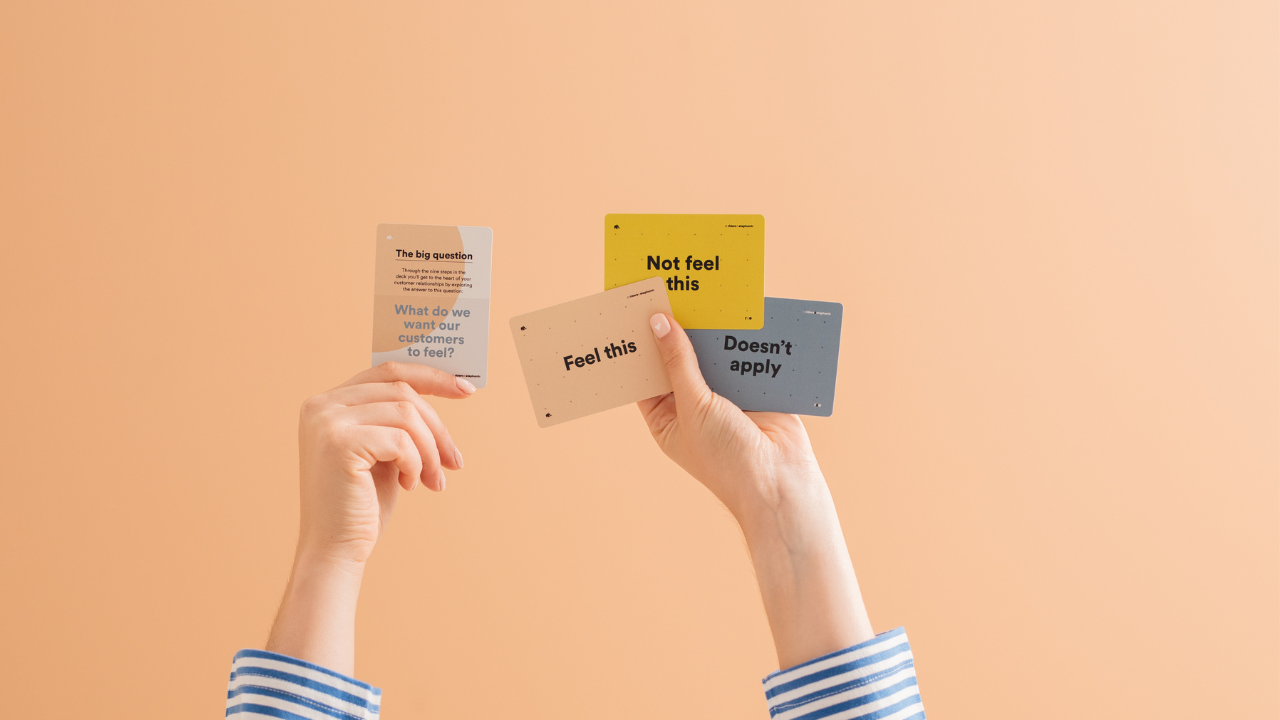We believe...
In people’s right to express themselves
At riders&elephants, we believe in people’s right to express themselves and to tap their emotions to challenge and shift behaviours.
Our mission is to re-humanise places we work by getting people talking.
We must flip the conversations leaders and people can have around culture, performance, expectations, experiences and wellbeing. Because...
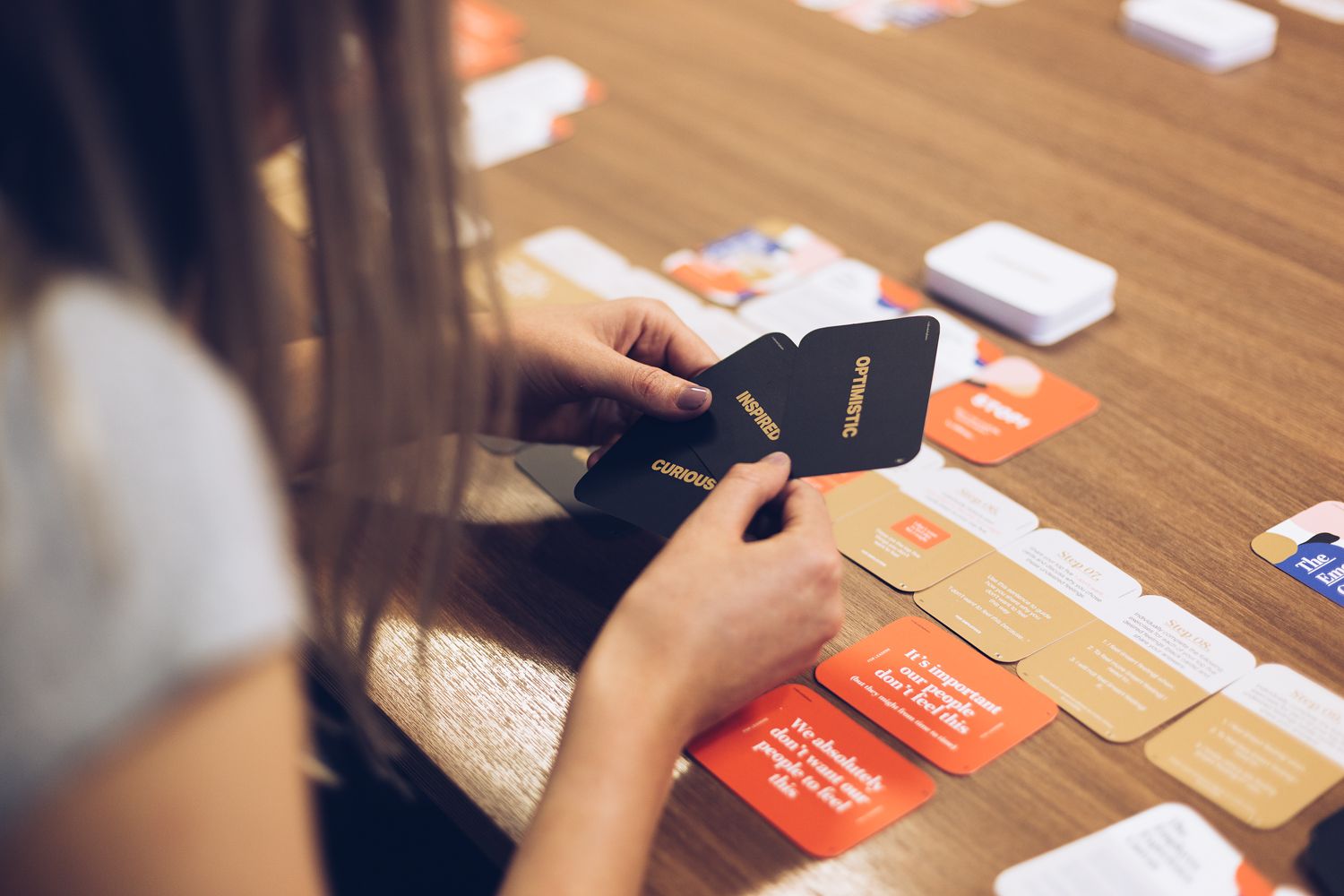
Emotion plays a huge part in how people make decisions and how they feel about the situations that affect them.
People want to be heard, they want to feel, they want to be understood, they want to bring their full selves to their work (and life).
They want to express themselves.
But right now, they can’t – because: They haven’t had permission; They haven’t had mechanisms; Their emotions are seen as weakness.
So much is being left unsaid because people are afraid to speak up. They aren't given permission to be open and vulnerable. And because of that...

So much human potential and opportunity is being stifled or going untapped.
To reverse that, R&E believe we need to create a conversation renaissance.
We need to encourage people to speak up and to share their emotions openly and honestly.
Our research shows that organisations and individuals should be looking at harnessing emotions to their strategic advantage.
What’s been missing is a simple, structured mechanism to allow people to do this face-to-face.
riders&elephants has changed that.
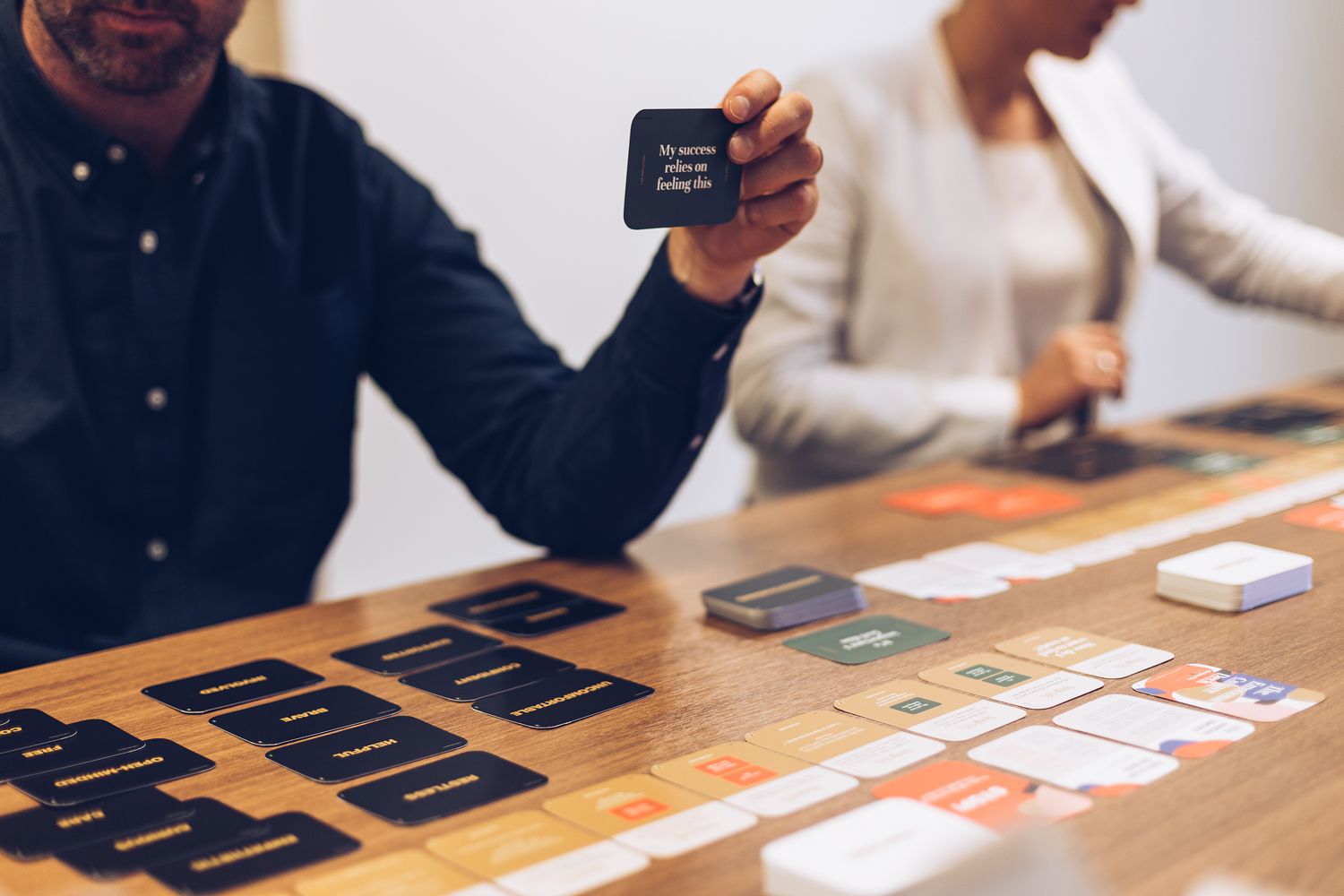
We believe in the power of simple, human games, with heart, that can reimagine the way people connect and grow.
Our games are a simple and powerful way for organisations and individuals to harness the power of emotions and tap into the powerful dynamic we refer to as “the irrational economy”.
Our games help flip the conversation from just valuing cold, rational economic ideas and outcomes towards valuing what has been dismissed for too long as the “irrational” – the feelings, instincts, observations and reactions that people have to circumstances and environments.
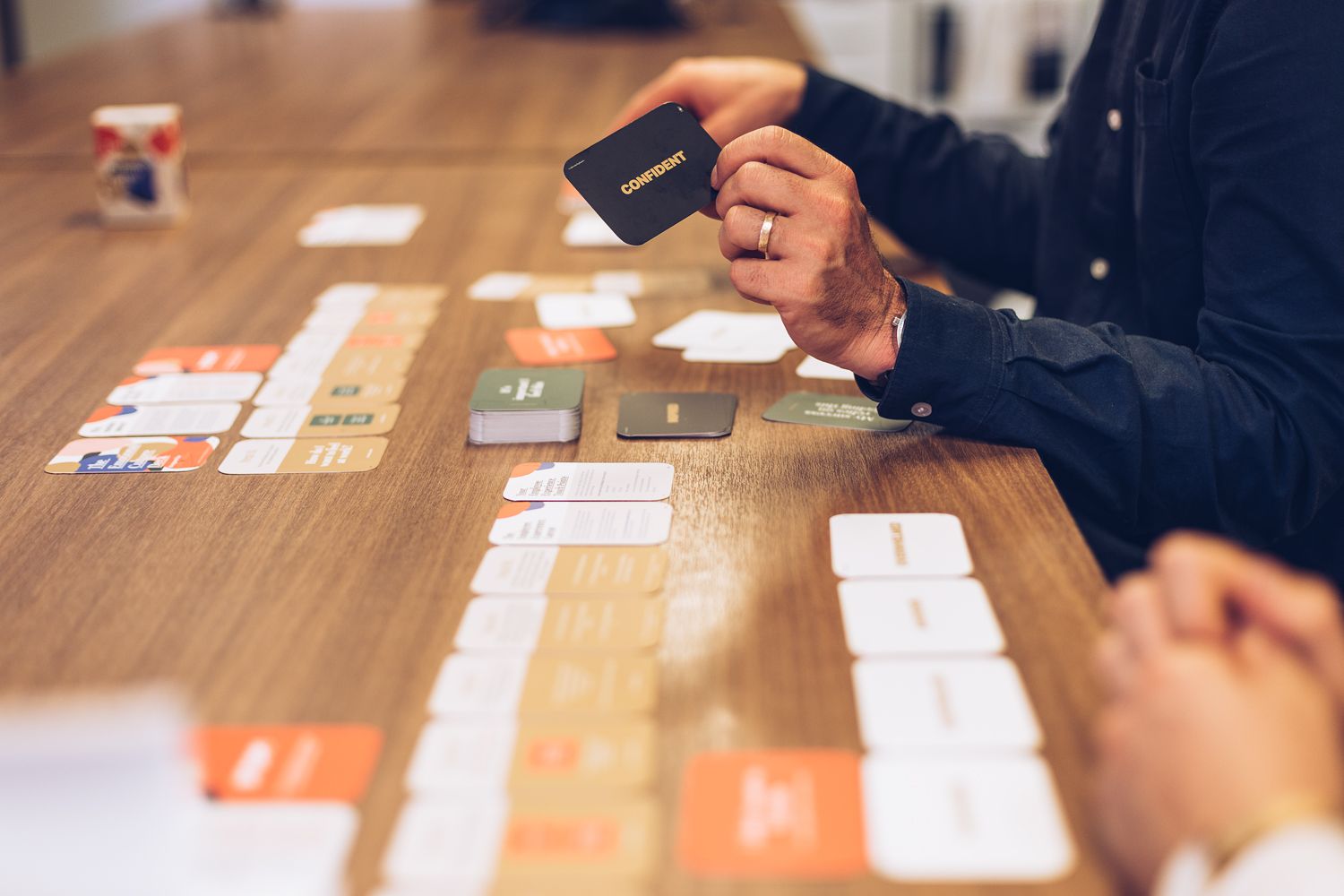
The principles that guide everything we do at R&E
#1. If your people aren't engaged, your customers won't be either
Great organisations realise their people need to be at the heart of everything they do. They realise how central emotions are to building the right culture and stakeholder experiences.
When your people are engaged, they're more likely to find meaning in their work and turn up for themselves, your organisation and your customers.
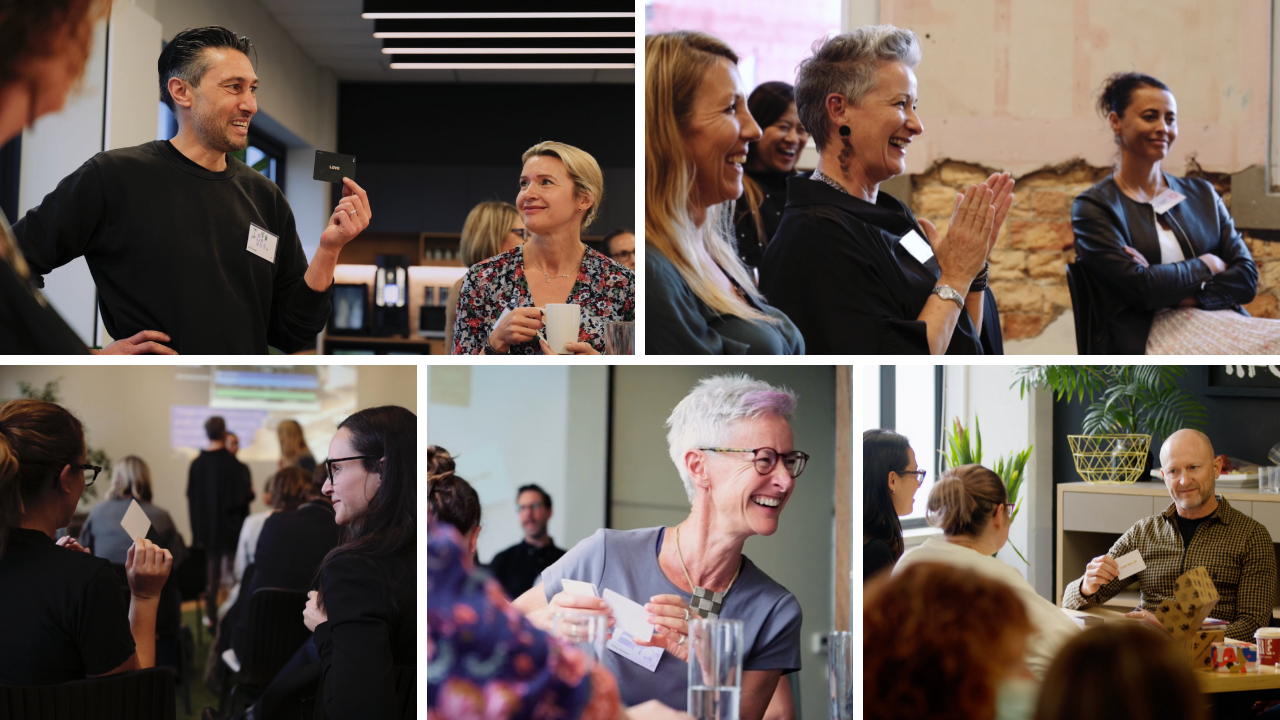
#2. People support what they create
No one engages with stuff they’re simply told or lectured about – because participation creates emotional engagement. We're tired of hearing people tell us "we keep telling our people, but they're not listening".
Great leaders intuitively create ways for people within their organisations to interact and connect with each other and their customers.
When we switch to a ‘participation mindset' away from a ‘communication mindset', we move from one-way communication to two-way conversation mode. If you create ways to invite people to join in, you'll strengthen emotional connections with people.

#3. Your brand is your culture, and your culture is your brand
Your culture guides how people behave and the experiences they deliver. Your brand is a reflection of how people behave and the experiences you deliver. They are interconnected. They are the same.
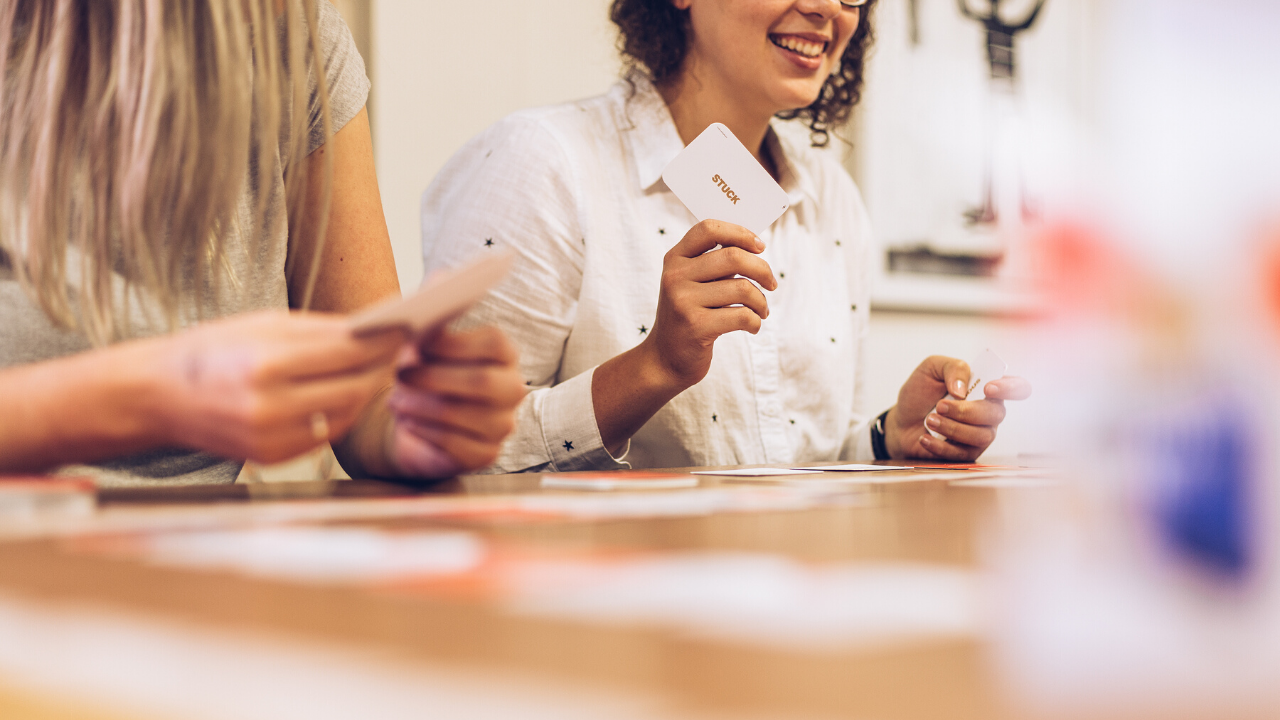
#4. Change your behaviour to change your thinking
It's not always possible to change the way you think and then change your behaviour. You often have to change the way you behave to change the way you think.
We shift mindsets and beliefs by understanding emotion and behaviour. Change and motivation happens at the intersections of psychology, behavioural economics, and creativity. This is why we put the understanding of human behaviour at the core of everything we do.
With this mindset, we solve problems through a combination of science and creativity.
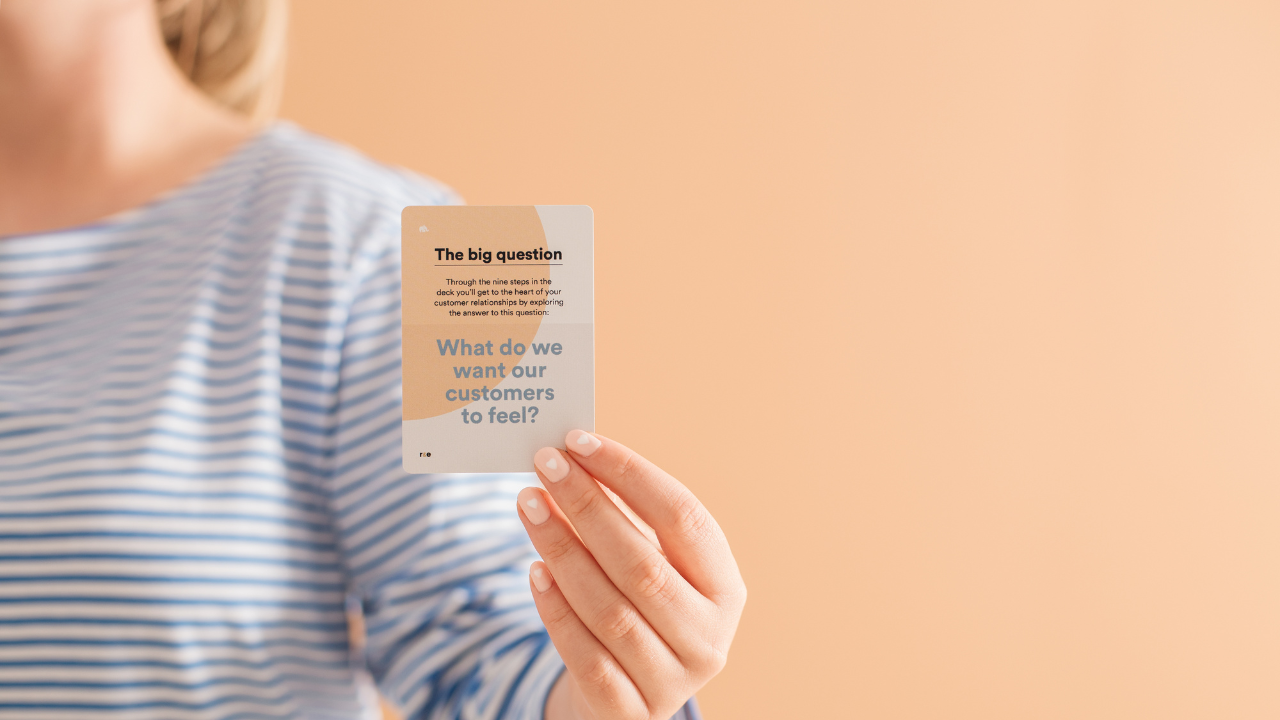
#5. Simple is repeatable, and repeatable is understandable
Many organisations and leaders have an uncanny ability to overcomplicate their ideas, plans, and strategies.
Our rational minds are easily overwhelmed. People become paralysed when there's too much choice or complexity. So to help people understand, we must make sure the work we do is simple and repeatable.
We always look for ways to create mental short cuts to help people understand and recall what we’re asking of them.
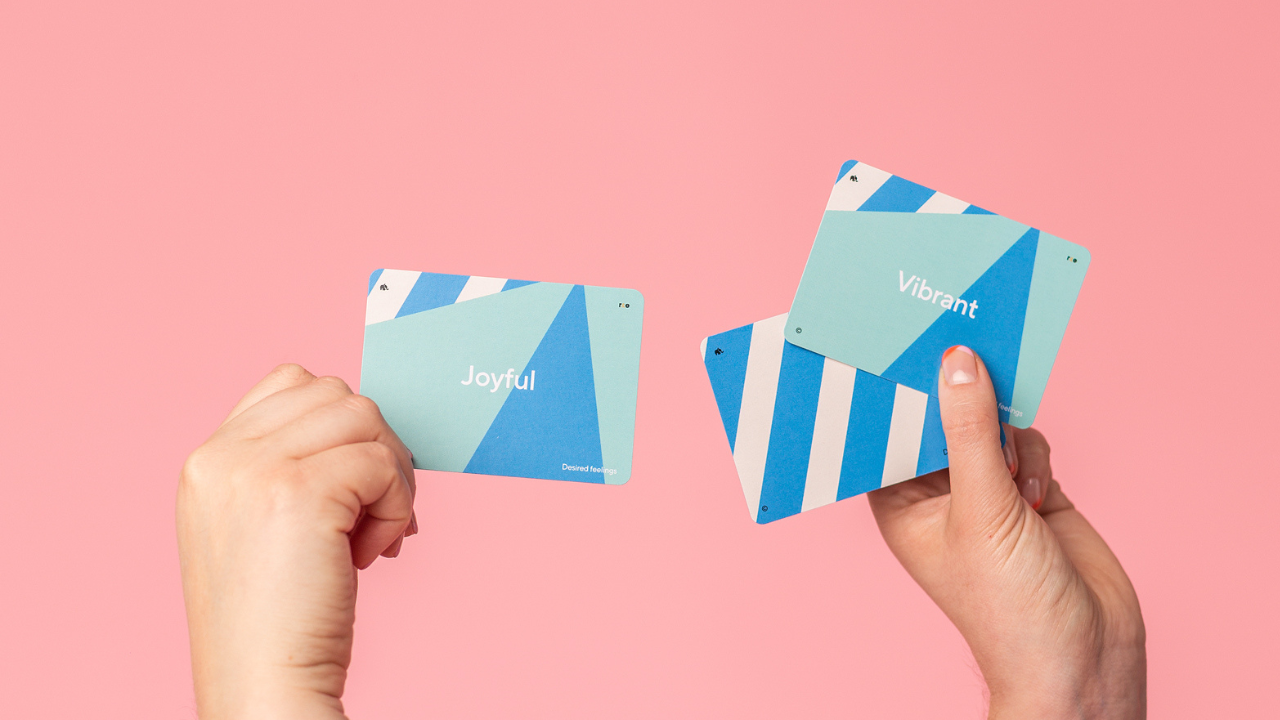
#6. Hypothesise, experiment, learn & adapt
If you tackle too much at once, you overwhelm and paralyse people, pushing people to return to the status quo. So we always start with an hypothesis and design prototype experiences to test, learn and then adapt.
We believe you get better results when you start with a few smaller successes. By creating a bunch of smaller, modest experiments we test quickly and make progress faster. We learn more rapidly and create a bunch of smaller successes (and failures). These small bright spots provide a base for further expansion.
